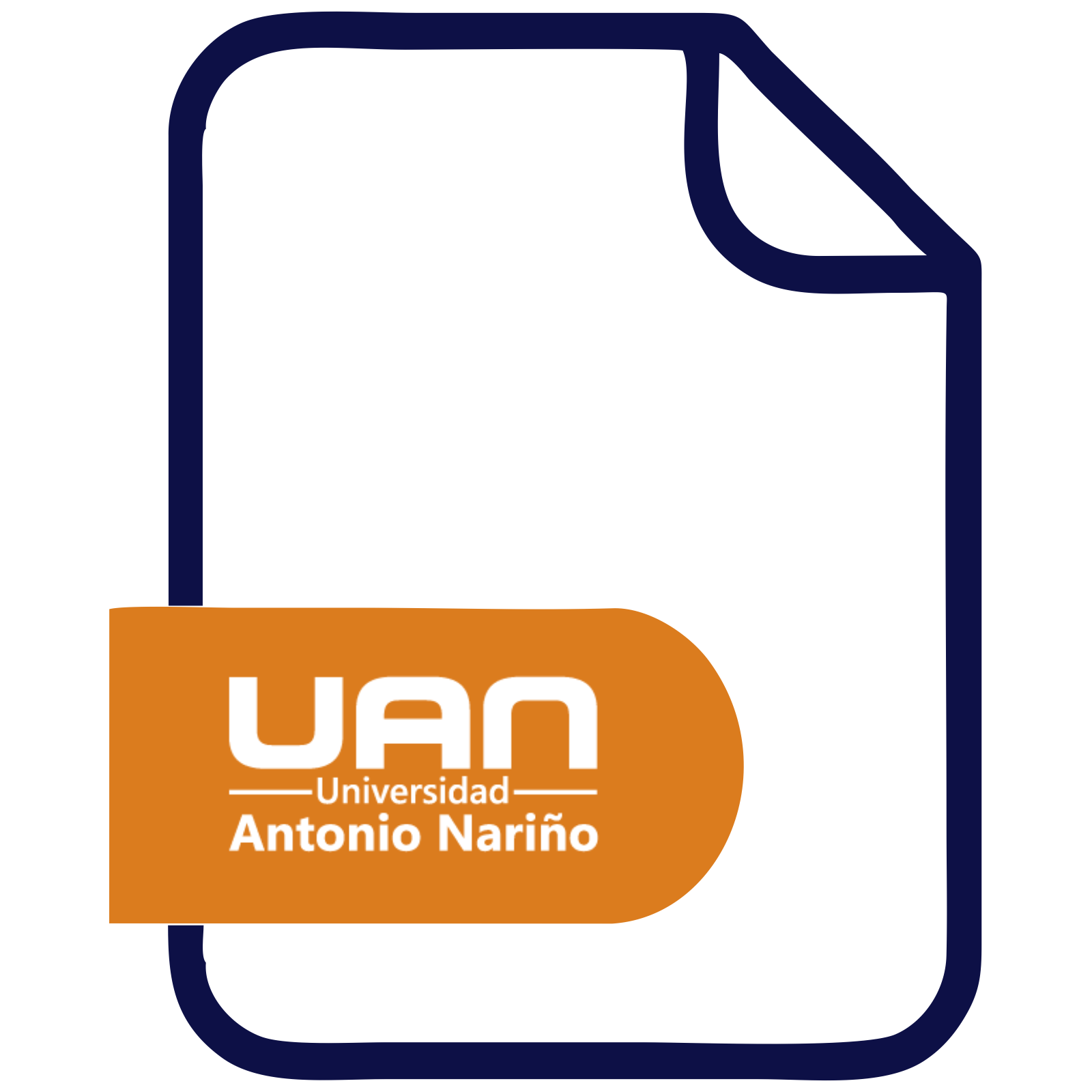Por favor, use este identificador para citar o enlazar este ítem:
http://repositorio.uan.edu.co/handle/123456789/8186> Repositorio UAN
Repositorio UANComunidades y ColeccionesTitulosMateriasAutoresFecha de publicacion
Mi CuentaAccederRegistro
Mi CuentaAccederRegistro
| Título : | Códigos sociolingüísticos y rendimiento académico. Un análisis de interacciones comunicativas de docentes y estudiantes en el aula. |
| metadata.dc.creator: | Rodríguez Quitián, Yeismy |
| metadata.dc.contributor.advisor: | Camargo Cárdenas, David |
| Palabras clave : | Códigos sociolingüísticos;Comunicación en el aula;Rendimiento académico |
| Resumen : | This work argues the role of communication between teachers and eight (8) students in Science, Math, Social sciences, English and Music attending High School in the Nueva Esperanza IED public school, located in the locality of Usme, Bogotá, Colombia. Restricted and elaborated Codes used by teachers in classroom are compared with the communicative reception perceived by students and their academic performance on these academic areas. The academic results of the students were collected during five years, the results in the test Saber9 (year 2017), a sociodemographic characterization was made by means of a survey and the socio-linguistic codes of teachers and students were characterized, seeking to identify specific cases in which they will be denoted Interaction problems that affect the academic processes. It is possible to identify three types of affectation: positive (students 1 and 8), neutral (students 3 and 4) and negative communicative interaction (students 2 and 7) between students and teachers, which affects academic performance. In two of the students (5 and 6) were not possible to establish if the problems of academic performance originated from difficulties in the understanding of sociolinguistic codes. |
| metadata.dc.description.tableofcontents: | En este trabajo se discute el papel de la comunicación entre docentes y estudiantes en los procesos de formación de ocho jóvenes del grado 1001 del colegio público Nueva Esperanza IED, ubicado en la localidad de Usme, Bogotá, Colombia. Se comparan los códigos elaborados y restringidos empleados por los maestros en clase con la recepción comunicativa que expresan los estudiantes seleccionados y su rendimiento académico en estas áreas. Se recopilaron los resultados académicos de los estudiantes durante cinco años, los resultados en la prueba Saber9 (año 2017), se hizo una caracterización sociodemográfica mediante encuesta y se caracterizaron códigos sociolingüísticos de docentes y estudiantes buscando identificar casos específicos en los cuales se denotara problemas de interacción que afecten los procesos académicos. Se logra identificar tres tipos de afectación: positiva (estudiantes 1 y 8), neutra (estudiantes 3 y 4) e interacción comunicativa negativa (estudiantes 2 y 7) entre estudiantes y docentes, lo cual afecta el rendimiento académico. En dos de los estudiantes (5 y 6) no se pudo establecer si los problemas de rendimiento académico se originan por dificultades en la comprensión de códigos sociolingüísticos |
| URI : | http://repositorio.uan.edu.co/handle/123456789/8186 |
| Editorial : | Universidad Antonio Nariño |
| metadata.dc.publisher.campus: | Bogotá - Sur |
| metadata.dc.publisher.faculty: | Facultad de Educación |
| metadata.dc.date.created: | 2019-06-18 |
| metadata.dc.rights.uri: | http://creativecommons.org/licenses/by-nc-nd/3.0/us/ |
| Aparece en las colecciones: | Maestría en Educación |
Ficheros en este ítem:
| Fichero | Tamaño | |
|---|---|---|
| 2019_YeismyRodríguezQuitián.pdf | 884.2 kB | Visualizar/Abrir |
| 2019_YeimisRodriguez_Autorización.pdf Restricted Access | 1.02 MB | Visualizar/Abrir Request a copy |
Este ítem está sujeto a una licencia Creative Commons Licencia Creative Commons




